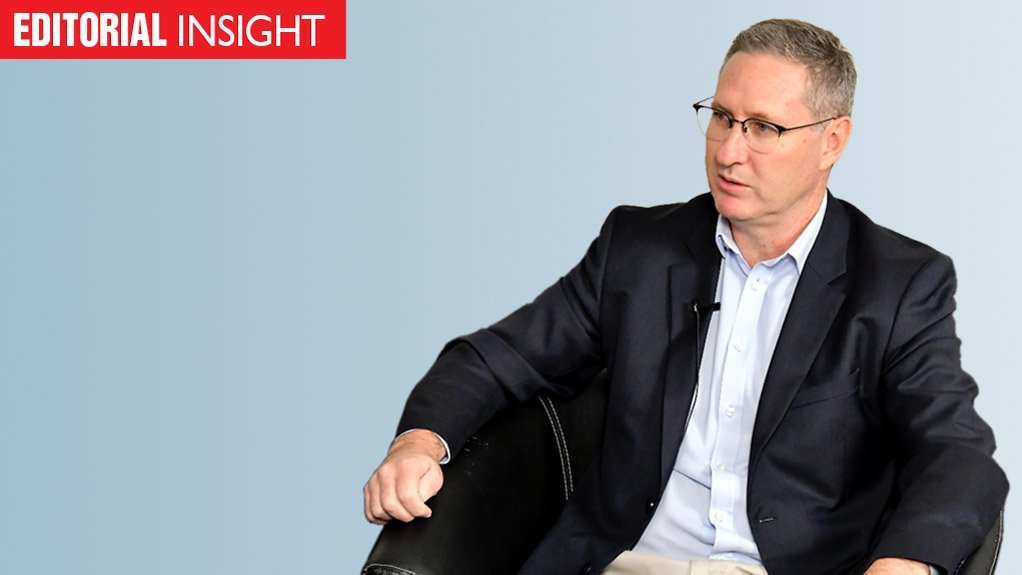Recent developments in Europe and Asia – which have seen oil, gas, coal and electricity prices surge, as well as supply disruptions – have raised questions globally about the energy transition, its trajectory and the resilience of future energy systems that are based increasingly on renewable electricity.
The crisis has taken on different forms in different jurisdictions. Besides petrol stock-outs in the UK, there has been a steep rise in European gas and electricity prices and power cuts in China.
The shortage of coal in China sent prices soaring to record levels and led the government there to pull back from shutting mines after safety incidents, to call on mines to produce coal at full capacity for the rest of the year, even if they exceeded quota limits, and to order that energy companies secure supplies for the winter at any cost.
Several commentators immediately blamed the transition from fossil fuels to renewable energy for the problems, particularly given the lower-than-usual availability of wind energy in Europe in recent weeks. And, just as governments are about to gather in Glasgow, Scotland, for the crucial COP 26 climate talks, there are also some suggestions that net-zero climate commitments were a key contributor to the crisis.
The blame-game even precipitated a statement from International Energy Agency (IEA) executive director Fatih Birol, in which he described as “inaccurate and misleading” reports attributing the rise in global natural gas prices to the clean energy transition.
Instead, the IEA said the steep rise was the result of “multiple factors”, including a strong recovery in demand and tighter-than- expected supply, as well as several weather-related factors.
What does it all mean for South Africa’s own nascent transition?
For one, South Africa has to be alive to the transition risks.
The fact that investment in oil, gas and coal is dwindling while many countries remain heavily reliant on such fuels to balance their electricity systems is a reality that has to be integrated into energy planning. This risk was summarised best by a recent Economist headline which warned that ‘The age of fossil-fuel abundance is dead’.
Secondly, it has implications for South Africa’s plans to integrate more gas into its electricity, fuels and chemicals production systems. The crisis shows that the availability of cheap and abundant imported gas is not necessarily guaranteed. This has implications for independent power producers, Sasol and Eskom, which are all proposing the use of more gas, albeit as a ‘transition fuel’.
Thirdly, the crisis underlines the urgency of creating the policy, regulatory and financial conditions for a rapid scaling up of the investments needed to bolster long-term security of supply and aligning those assets with the country’s climate commitments.
The crisis is an ominous sign that much of the world, South Africa included, has failed to make the asset, market and system changes that are required for energy resilience. The response, if not well managed, could result in serious energy inflation, growing energy insecurity and rising emissions.
EMAIL THIS ARTICLE SAVE THIS ARTICLE ARTICLE ENQUIRY
To subscribe email subscriptions@creamermedia.co.za or click here
To advertise email advertising@creamermedia.co.za or click here











